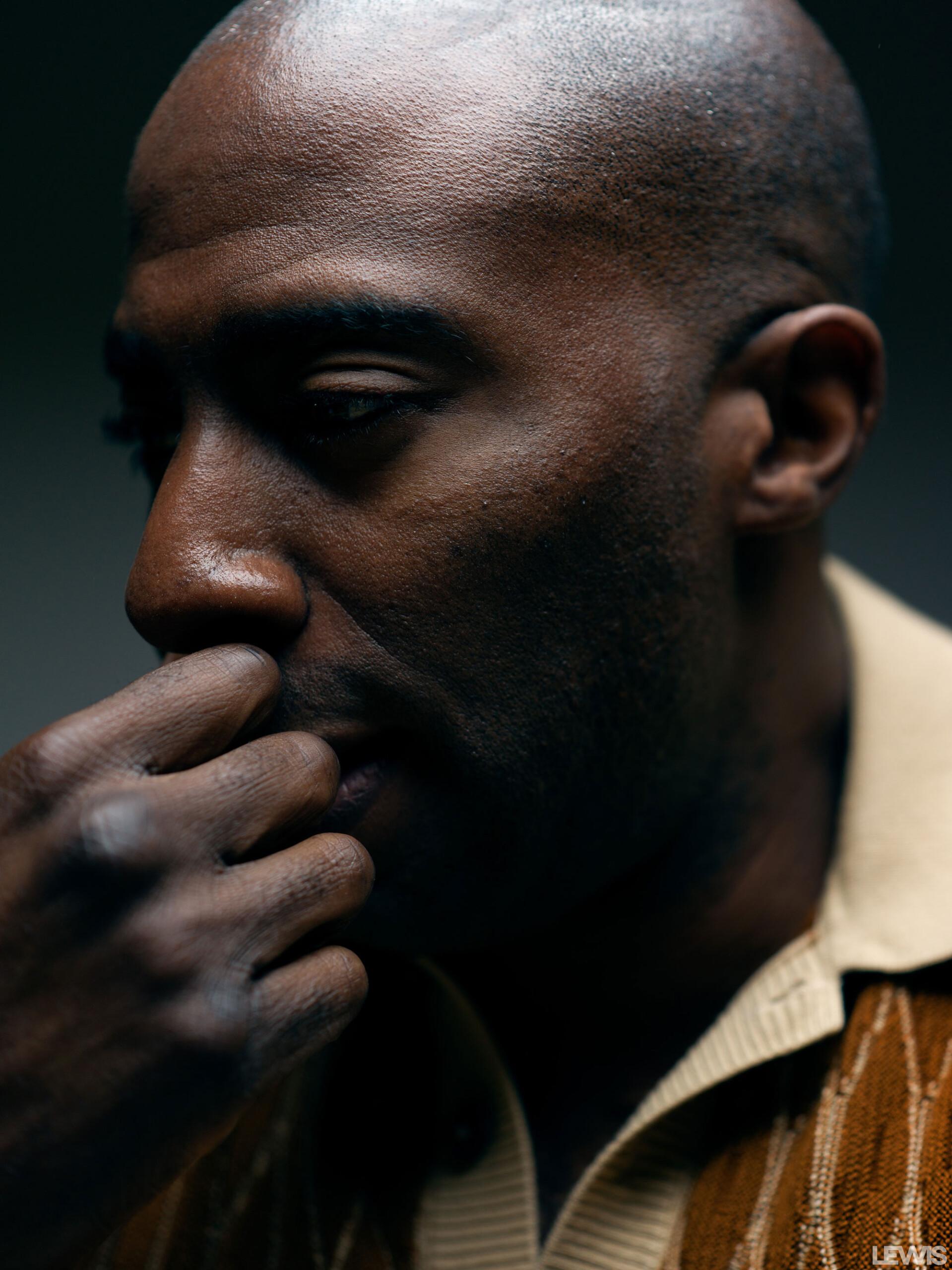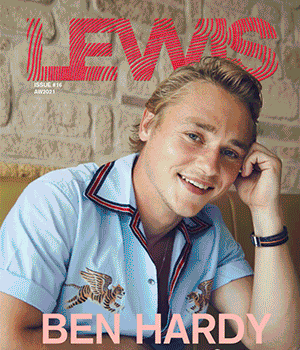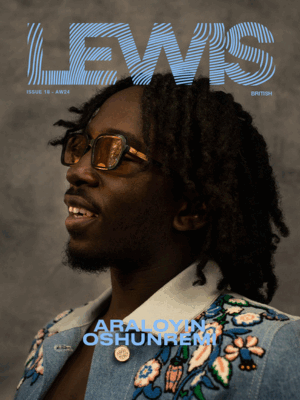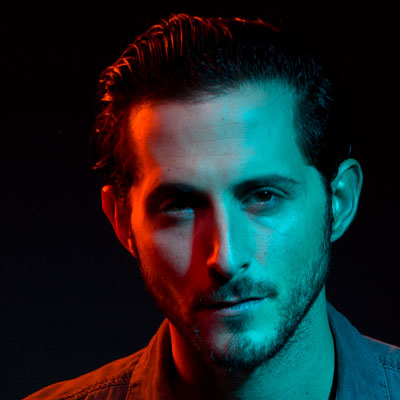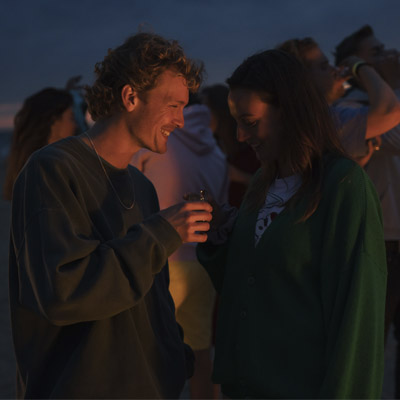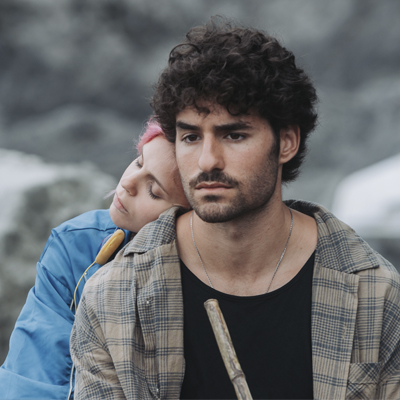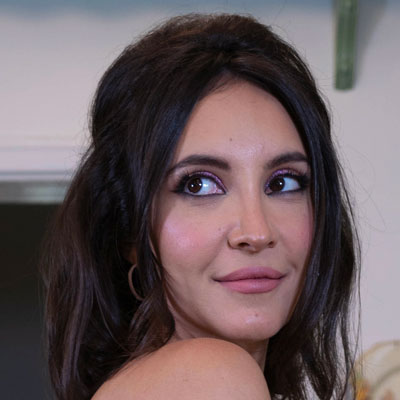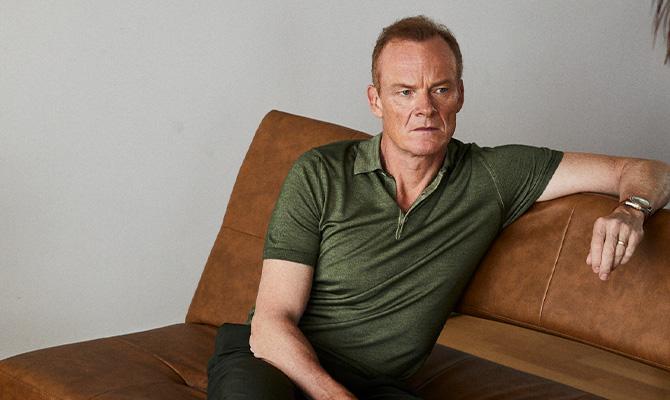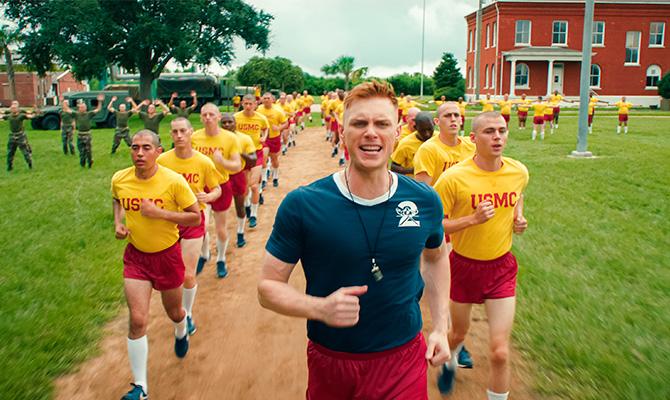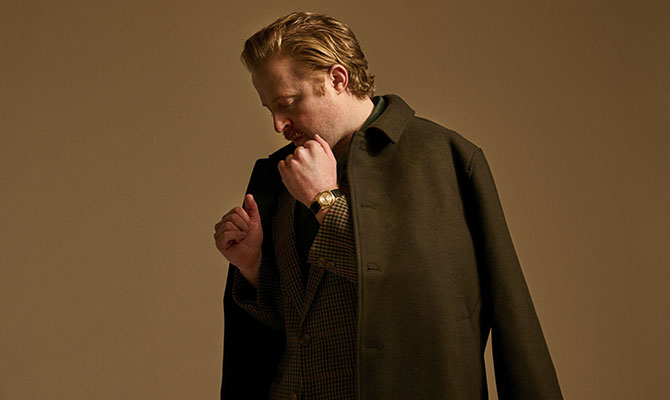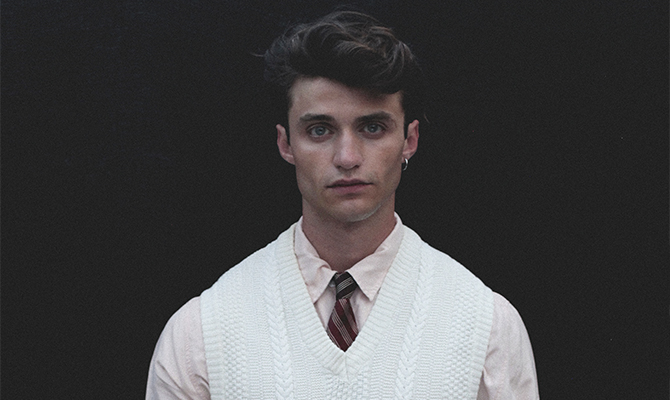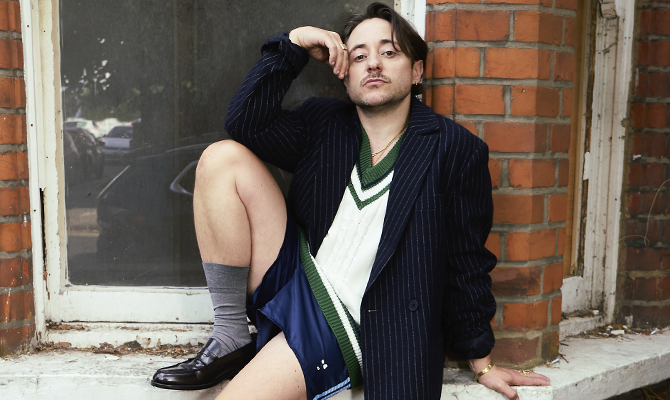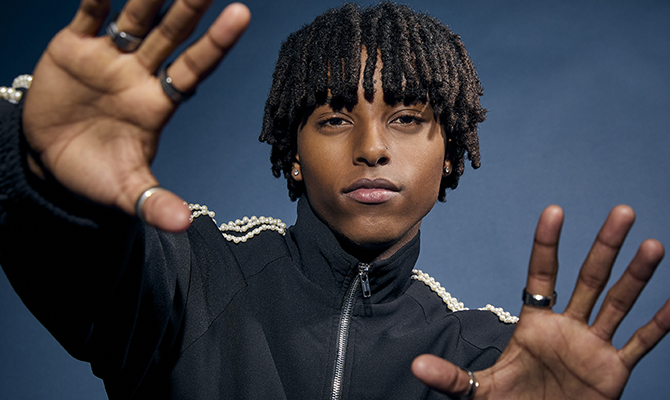For our latest interview, we sat down with the incredibly versatile actor Mark Ebulué, whose career spans everything from Shakespearean theatre to thrilling action-packed blockbusters. Most recently, he stars in Slingshot, a sci-fi film alongside Casey Affleck, where he takes on the role of an astronaut navigating the psychological pressures of deep space. In this candid conversation, Mark shares insights into his preparation for the role, the challenges of transitioning between genres, and how his extensive martial arts background enriches his performances both on screen and stage.
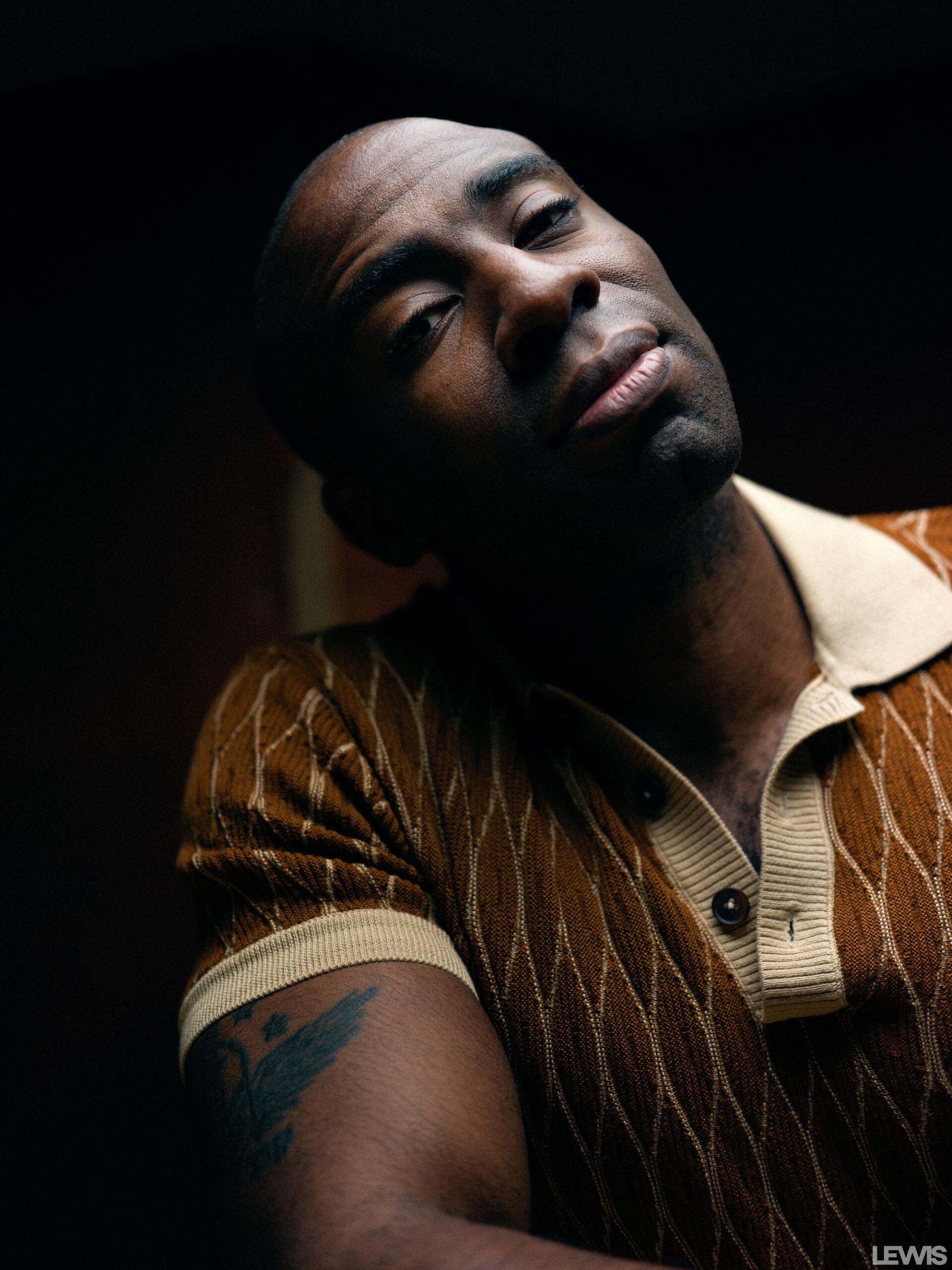
1. Mark, your character Gordon in Slingshot is a close colleague of John, played by Casey Affleck. What drew you to this role, and how did you approach portraying such an experienced astronaut in the intense, psychological setting of space?
What drew me to the role was that despite being in the business for ten-plus years, I’d done everything apart from a feature film. TV was familiar, but filmmaking was not, so I wanted to explore what that process would be like. On the other hand, this role had comedic tones. Most of the roles I get into are dramatic, so this was a first for me, and most importantly, it was an opportunity to work with Casey Affleck, which was a great experience. I learned a lot from him on set.
2. Slingshot deals with themes of reality, isolation, and trust in extreme conditions. How did you prepare mentally and emotionally to convey the pressures astronauts face, particularly within a compromised mission like the one to Saturn’s moon?
How did I prepare mentally and emotionally? Well, I did as much research as possible about the role of an astronaut, and then I looked at the character and what’s said and often what’s not said. The stage or screen directions can tell you more about what’s going on in a scene than what’s said between characters, if that makes any sense, and I use that as a fundamental baseline. My prep starts pretty script-heavy, but then I put it down and play out the scene walking around my flat, and I try to make mental/instinctive notes of feelings and possible choices to play the scene, and try and see if there’s a correlation, for example, relating a shuttle take off to a time where I was anxious or nervous. I learn the lines…and then forget everything; I try to keep myself flexible with the script and the acting choices. A lot can change on shoot day; things will change, or new ideas will be thrown into the mix, so I like to keep myself adaptable.
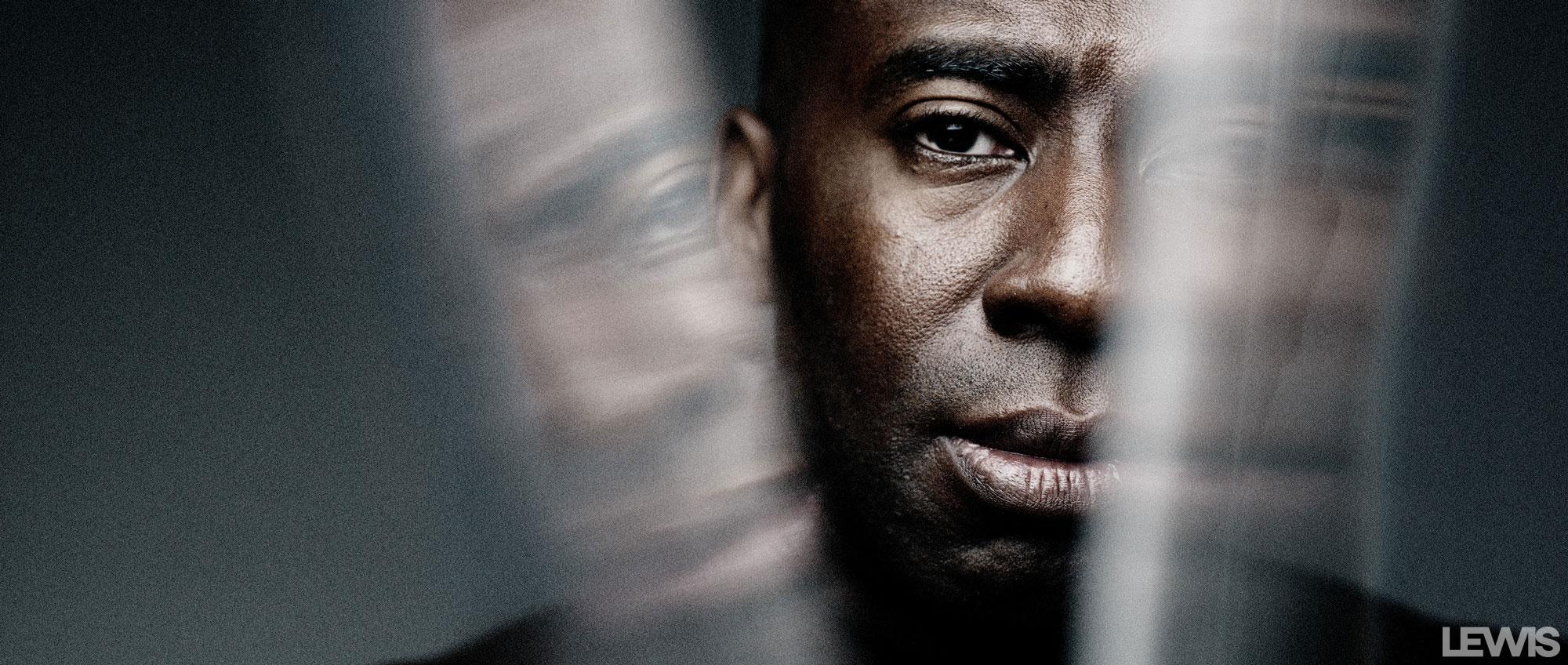
3 You’ve been part of a wide range of productions, from Masters of the Air to Captain Laserhawk. How does your experience with sci-fi thrillers like Slingshot compare to your work in other genres, and what new challenges did it present?
Well, in sci-fi, there’s a lot you can’t see. And most productions I’ve done with sci-fi, they do so well in explaining what could happen in a scene if specific effects are being used etc, so you have to trust the director and the whole crew. So, if we think of the big picture of a production, my performance is around 5-15 % of the production process. I do some acting, but then it goes through the production machine, the editing, and then through sound; it goes through a different process of scanning effects and possible CGI etc that I have no part in. So you have to trust the team entirely and commit to the team fully, as you’ll never really have the complete picture until it’s done – which I find pretty fun – it’s very collaborative and similar to theatre. Acting in a period drama like Masters of the Air, there is so much factual information and research available – back stories, pictures, interviews of certain characters, fashion culture, cultural superstitions, how things looked in houses at the time, etc. When you step on a set, it is like stepping back in time. You can feel and touch real books and stuff from the 1940s. The sets can be pretty immersive for that period.
4. Your role in the Netflix anime series, Captain Laserhawk: A Blood Dragon Remix, brings a new type of character to your to your playbook. How was your experience transitioning to voice acting, and how did you get into the mindset of Marcus for this action-packed animated series?
It was a lovely experience. It was one of the most artistic transitions and experiences I’ve had as an actor. Getting into the mindset of Marcus from Captain Laserhawk was a series of trial and error; as it is anime, there is no set. There’s no screen. There are no props. It’s just you and your voice. You have a brief and a few pictures and you have to use intuition to gauge the character. Who the person is? What makes them tick? What drives them? It’s an entirely different process of developing a character. For example, I had one or two pictures and a voice reference in the brief. They wanted a mix between Morgan Freeman and Idris Elba because of the character.
I play the character in two different parts of his life, one younger and one older, and the production was set on having one actor do both. I’m the only actor who plays the character as older and younger, so they wanted a bit of variety. I chose to start at the end and then work my way back, so I looked at the script and gave myself a character reference without spoiling the story. I looked at similar characters who had or shared in the Marcus arc. I looked at Alonzo Harris from Training Day and looked at Morpheus from The Matrix and decided to blend the two. This gave him some righteous grace but with a rough, rugged demeanour.
Then, I returned to sound samples of Idris Elba interviews and Morgan Freeman interviewers. I then mixed and matched it and brought it into the audition room, which is probably still one of my best auditions. I could see everyone giving themselves high fives in the booth from the first few takes, which gave me the confidence to push on and do my best to develop Marcus. Once I had the voice, it was about the vocal conditioning to keep that voice consistent during the sessions.
5. From Shakespearean roles to big-screen performances, you’ve shown incredible versatility as an actor. How did your classical training at Italia Conti help shape your approach to diverse roles, particularly in films like Slingshot and your previous work on Manhunt and Doctor Who?
The great thing I liked about my acting training was that two things were happening. On the one hand, we worked with great tutors who were not only great at teaching but also actors themselves, actively working in the business. So we were getting a real-time analysis of what the industry was like, to better understand what to expect when we graduated. We got more of a professional preparation for what the acting world would be like. On the other hand, we got to practice in a safe environment with excellent texts from great playwrights like William Shakespeare, Arthur Miller, Oscar Wilde, Tennessee Williams, and Tom Stoppard, where we could try things out, make mistakes and consistently get better. It is like going to the gym and working out. You work out the acting muscles; you try new things, break them down, and rest. You know you can recuperate, and that’s where the learning happens, and you come back stronger with more experience. You consistently do this for three years, and by the time you’re out, you should have some professional baseline of how to tackle roles and text.
6. You’ve taken your martial arts skills to a professional level and even work as a Close Protection Officer. How do you incorporate your physical training and combat skills into your acting, particularly in action-heavy projects like Fast & Furious Live?
It happens instinctively. Many of the roles I get suggested for are about people trained in martial arts, who have some kind of background in the military, police, or medical world, so it’s not that far of a push. I’ve created a niche for myself as only a few actors have classical training in acting but also have real experience in the action field. I tell my agents I want to use all the skills I have, and they keep that in mind when they suggest me for specific roles, but a lot of the time it just happens.
My martial arts history is quite dense. I started when I was about 11 years old. I’ve been involved in martial arts for about 25 years, give or take. I held licenses in boxing, karate, and Krav Maga. I went to naval school and then maritime college, and from there, my experience has led me to close protection or bodyguard work. I work exclusively for an international close protection firm. As a close protection operator, (a personal protection officer). I’m also a trained first response medic (or FREC medic), so I often blend those roles into one when I’m in security detail.
It’s all about teamwork, collaboration and cooperation. Most directors have been happy to let me make something work or ‘take the reins’. In Fast Live, and they just let me do my thing, which was fantastic. Other times, it’s mainly one-on-one sessions with the stunt team and working through pre-recorded scenes they have prepared. I like to emulate as much of what the stunt team has created as they work so hard on it. Their ideas are literally out of this world; they are so fun and creative with their pre-visuals, and I’m always excited to see what they come up with, so I push myself to get it as close to the sequence as possible. In TV and film, martial arts and combat skills are like a violent dance routine where people do not hit each other. We’re not there to hurt each other; we’re there to look like we do. It’s all play. It’s about telling a fun, thrilling/scary, action-packed scene that viewers enjoy.
7. Slingshot explores deep psychological tension in space, an environment where isolation and vulnerability are heightened. How do you think these themes resonate with today’s audiences, especially given the current fascination with space exploration?
Funnily enough, Slingshot was filmed in 2021. In the middle of COVID and lockdowns and isolation periods, no one knew what was happening to the world, what would happen to filmmaking, or if or how things would continue; so, in a way, I think the audience will be able to relate to the characters of the film quite profoundly. The cast was definitely in that headspace at times. Due to COVID-19 and lockdowns, the industry’s uncertainty was impossible to escape, which I think we all collectively channelled into our performances positively. The cast came together and did a fantastic job of boosting morale. The current fascination with space exploration or sci-fi is understandable. To me, sci-fi/space has always been escapism in an unbridled form. Its elements and themes make viewing space/science fiction enjoyable and unpredictable; there is much room to imagine and explore the possible and the impossible, whether rooted in logic or not.
8. With North Star (which premiered at TIFF) and your extensive body of work in TV, film, and theatre, what’s next for you in terms of projects or challenges you’re excited to take on in the near future?
I don’t know if it’s that I’ve been doing this a while or that maybe I’m at a stage in life where I’m just way more calm and settled, but I feel like I’m just getting started, like there is just way more to come. I haven’t shown audiences my best work yet and that’s exciting. In the acting industry, I’m looking forward to exploring more action roles; I want to establish myself as a household name in the action genre, and mark myself out as an action star who can also sell an excellent Shakespearean monologue. Outside of that, private security is going well too. I’m also looking forward to seeing how I balance acting and private security. It hasn’t been done, but as far as I know, no one has tried, so I think the future is bright. I’m still waiting for the release of a project or two, and I will be in the new season of Foundation for Apple TV soon.
